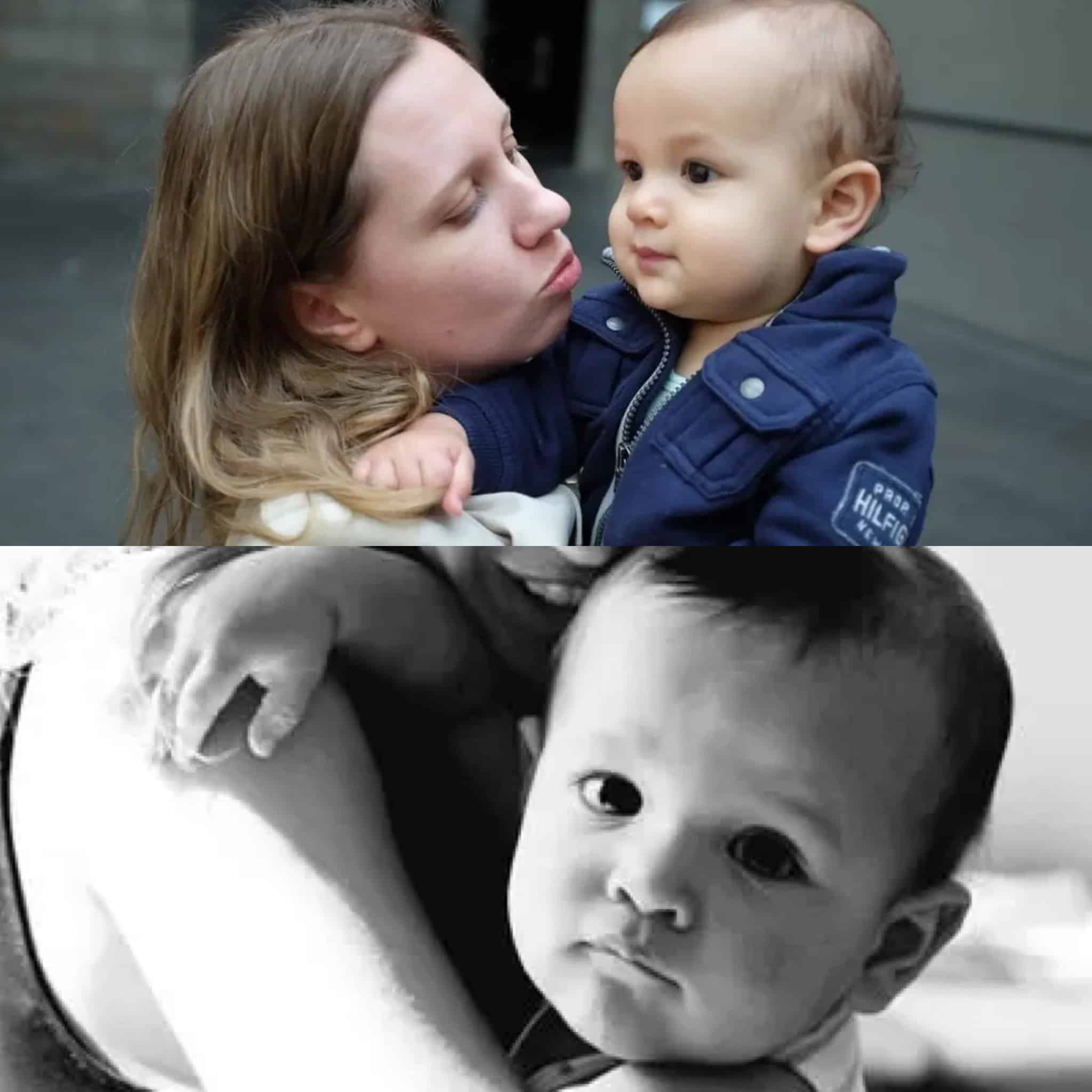Kissinger sounds the alarm after Corona, not the same as before Corona
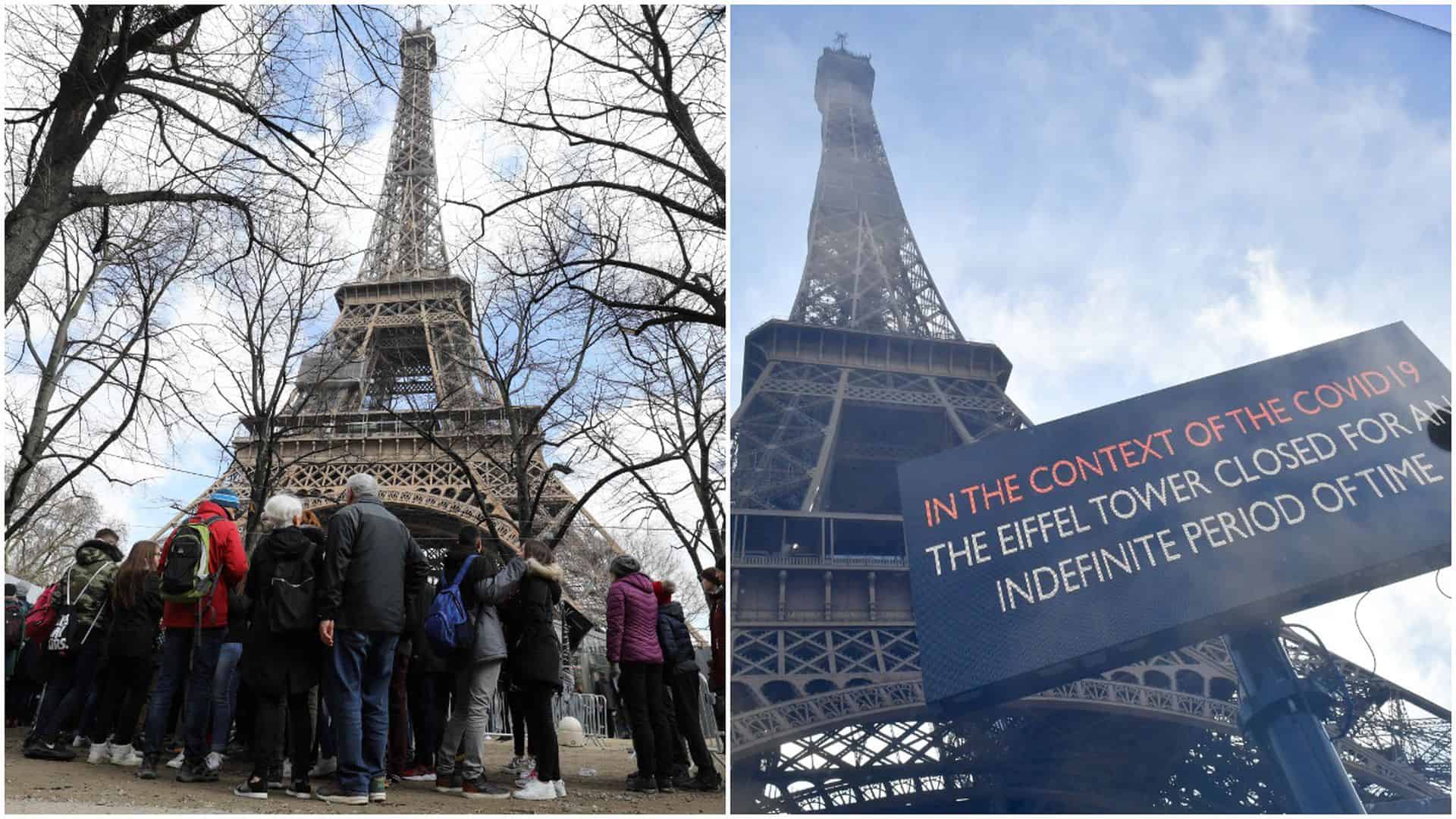
The Corona virus awakened the American political philosopher Henry Kissinger, the former US Secretary of State in the Nixon and Ford administrations, who sounded the alarm, warning that the world before Corona is not the same as after it, expecting political and economic turmoil that may last for generations due to the epidemic, alluding to the disintegration of the social contract. locally and internationally.
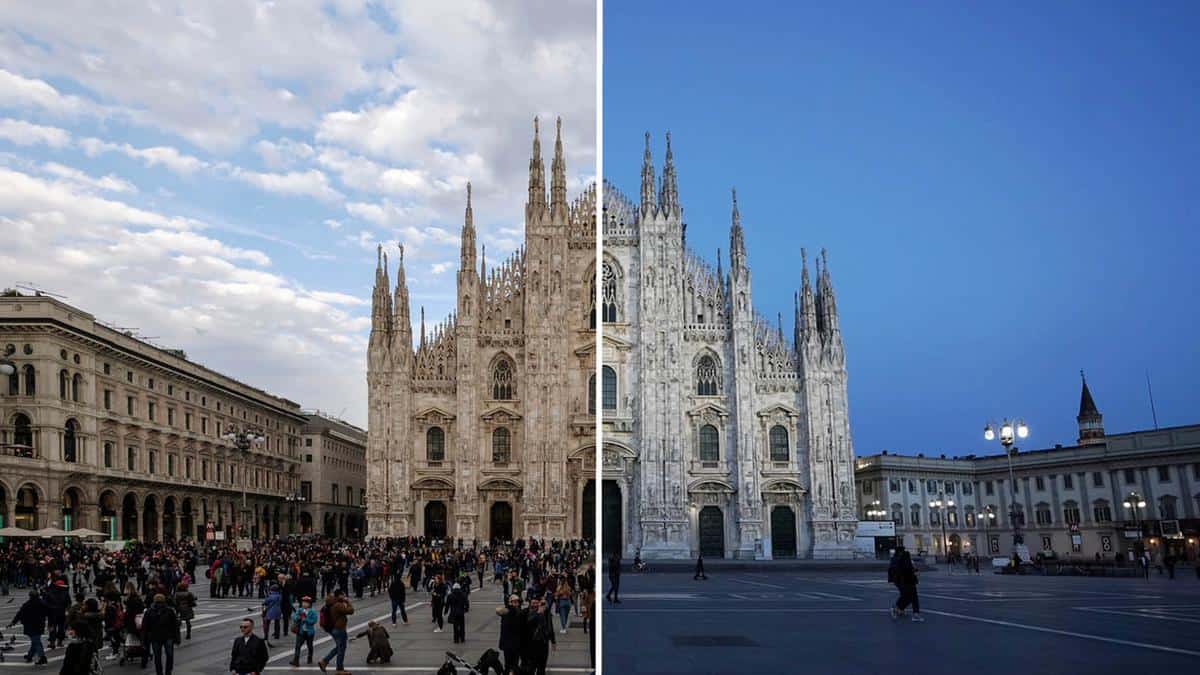
He praised the efforts of President Donald Trump's administration in confronting the crisis, saying that a new international order is taking shape, calling on the United States to prepare for this new world in parallel to confronting the virus.
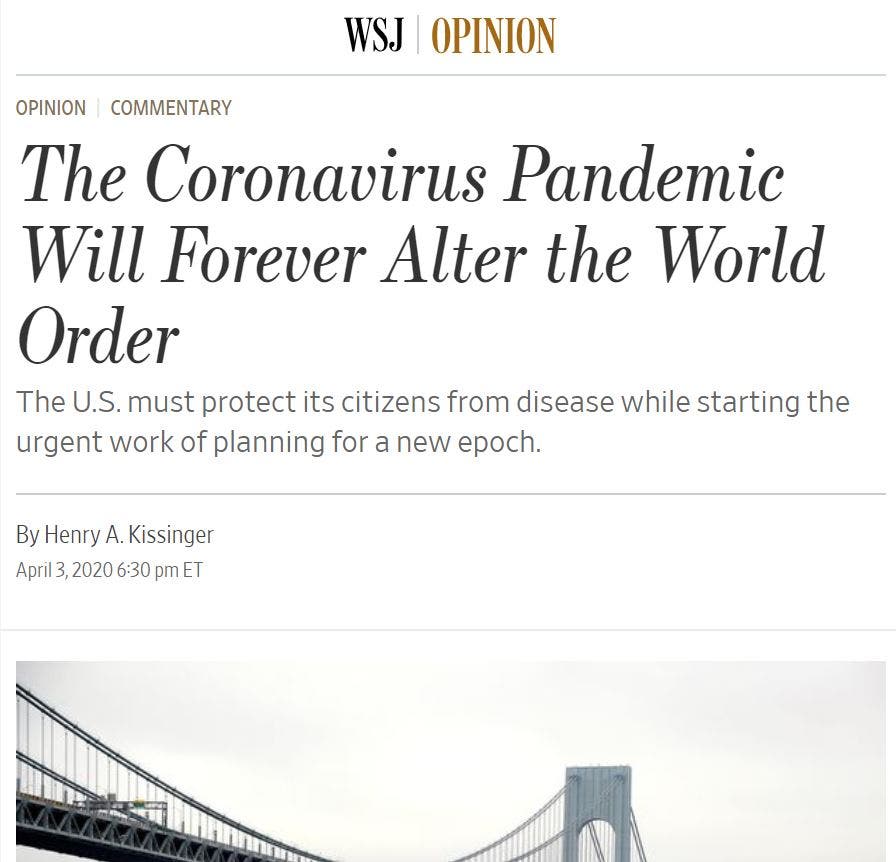
"Battle of the Bulge"
Kissinger wrote in the American Wall Street Journal, saying, The surreal atmosphere of the Covid-19 epidemic refers to what I felt as a young man in the 84th Infantry Division during the Battle of the Bulge.
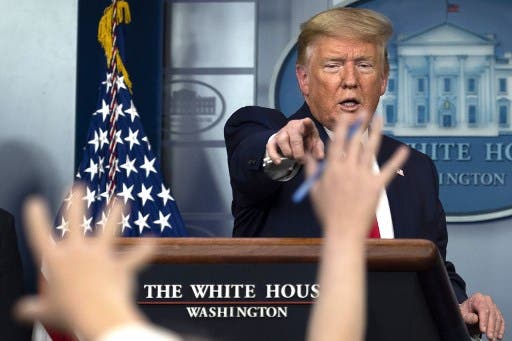 Donald Trump
Donald TrumpHe added: "Now, as in late 1944, there is a sense of an emerging danger that does not target anyone in particular, but strikes randomly, leaving destruction, but there is an important difference between that distant period and our time."
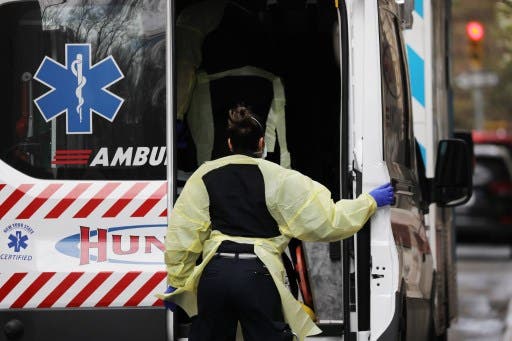 from America
from AmericaHe continued, “Currently, in a divided country, effective and far-sighted government is necessary to overcome obstacles of unprecedented scale and global reach. Maintaining public trust is crucial to social solidarity, the relationship of societies to one another, and to international peace and stability.
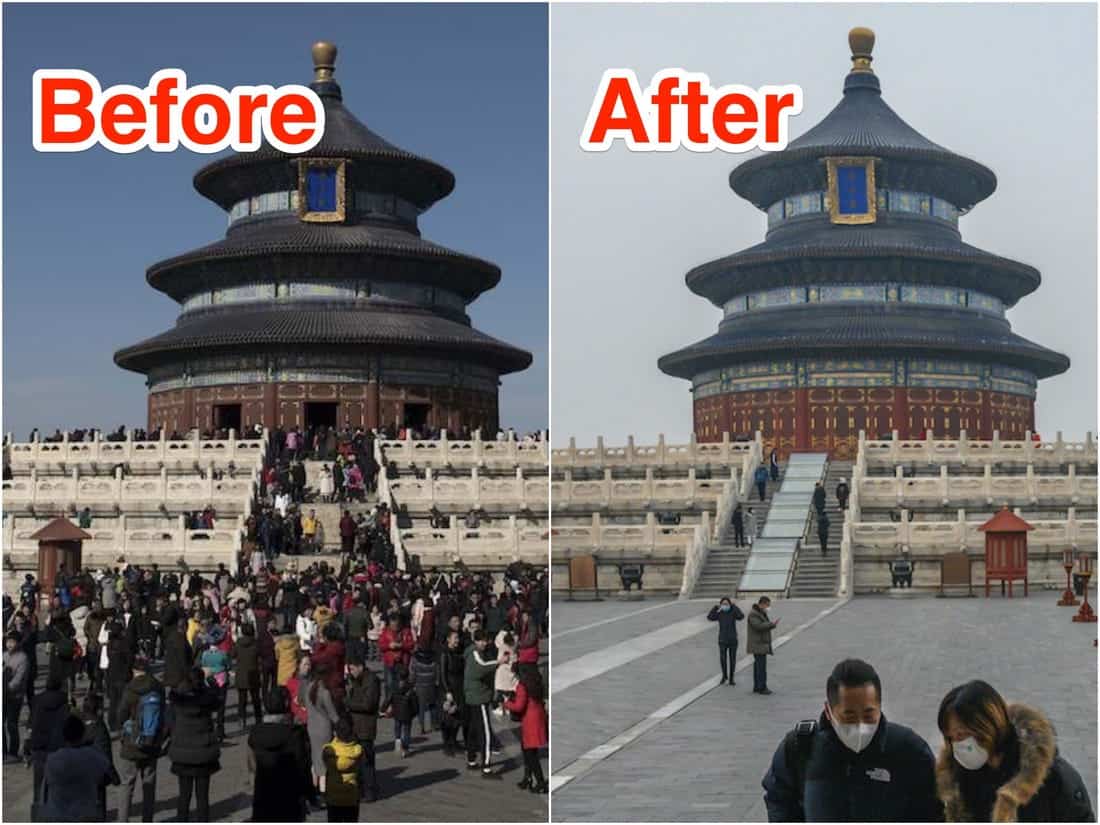
“Nations hold together and prosper when their institutions can predict catastrophe, stem their influence and restore stability,” Kissinger said. And when the Covid-19 pandemic ends, the institutions of many countries will be seen as having failed. It does not matter whether this judgment is objectively fair. The truth is that the world will never be the same after the coronavirus. Arguing now about the past makes it difficult to do what needs to be done.”
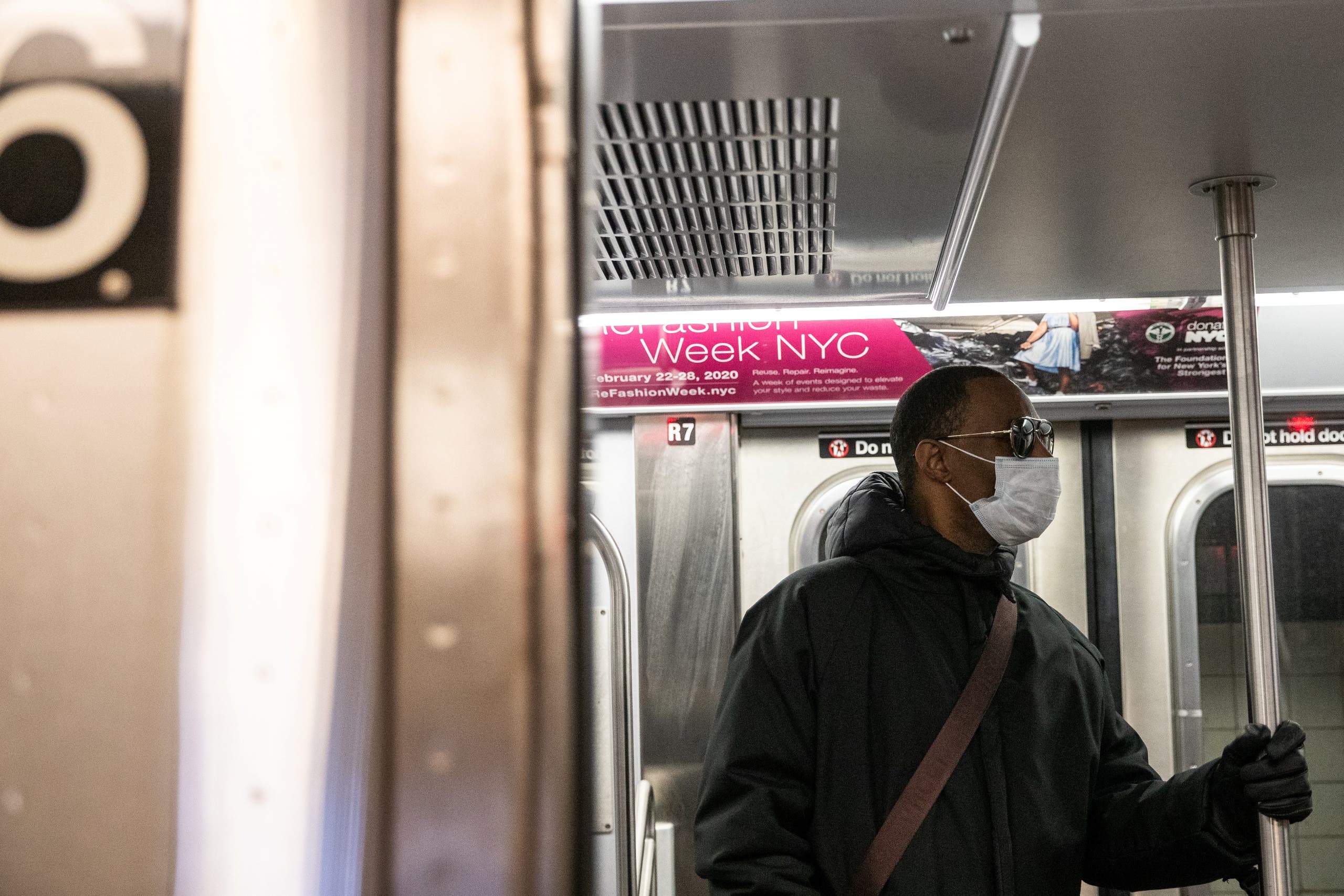 from America
from AmericaHe wrote: “Coronavirus infections have reached an unprecedented level of ferocity and scale. Its spread is massive... American cases double every five days, and as of this writing, there is no cure. Medical supplies are insufficient to cope with the rising waves of cases, and intensive care units are on the verge of closing. Screening is insufficient for the task of determining the extent of the infection, let alone its spread. A successful vaccine could be ready between 12 to 18 months.”
Post-Coronavirus world order
"The US administration has done a solid job in averting immediate disaster," Kissinger explained in his article. The ultimate test will be whether the spread of the virus can be stopped and then reversed in a way and on a scale that maintains public confidence in Americans' ability to manage themselves."
He stressed that "the efforts of the crisis, no matter how massive and necessary, should not weaken the urgent task of launching a parallel project for the transition to a post-coronavirus system."
He pointed out that leaders are dealing with the crisis on a largely national basis, but the effects of the virus that dissolve in society do not recognize borders.
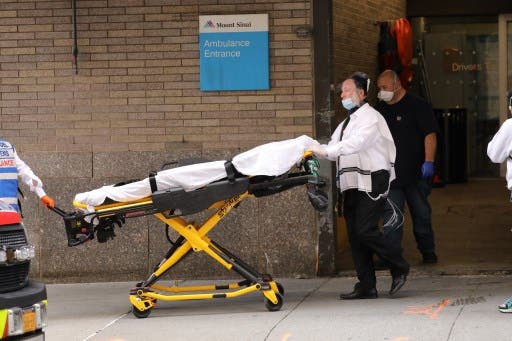 from America
from AmericaWhile the assault on human health will - hopefully - be temporary, it will produce political and economic turmoil that could last for generations. No country, not even the United States, can beat the virus in a purely national effort. Addressing the imperatives of the moment must ultimately be accompanied by a vision and program of two global collaborations. If we cannot do both, we will face the worst of both.”
“historic stage”
He explained that by drawing lessons from the development of the Marshall Plan and the Manhattan Project, the United States is committed to making a major effort in three areas: supporting global resilience to infectious diseases, seeking to heal the wounds of the global economy, and protecting the principles of the liberal world order.
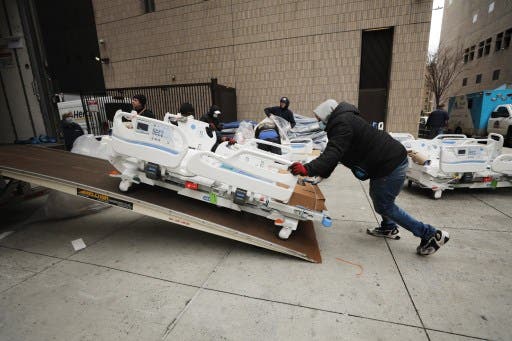 from America
from AmericaHe believed that restraint is necessary in all aspects, both in domestic politics and in international diplomacy, and that priorities must be set.
He concluded: “We have moved from the Battle of the Bulge in World War I to a world of increased prosperity and enhanced human dignity. Now, we are living in a historical period. The historic challenge for leaders is to manage the crisis and build the future. Failure can set the world on fire.”

